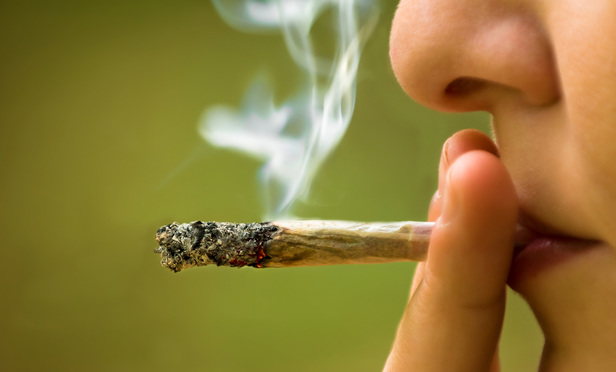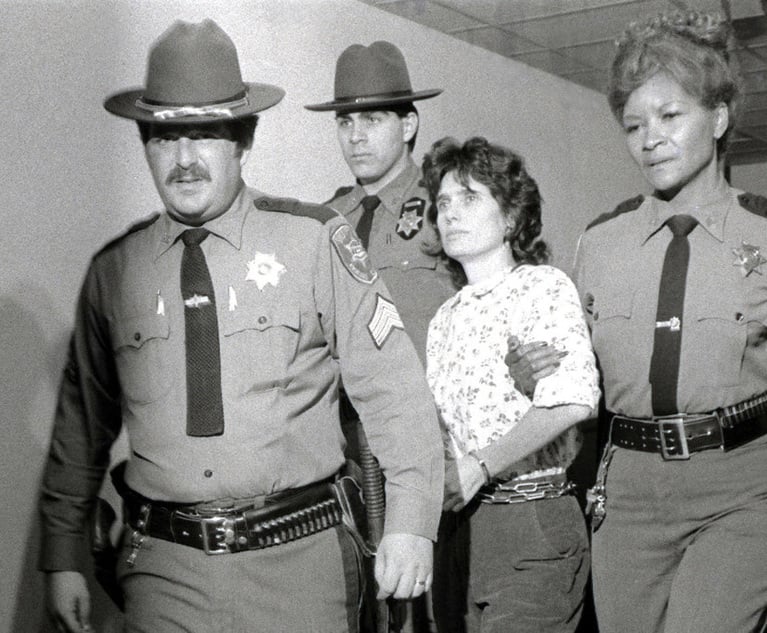With society’s ever-evolving approach to marijuana, colleges and universities across the country, including those here in Pennsylvania, are now faced with a complex dilemma: enforce federal regulations in order to maintain federal funding or risk that funding by recognizing their state’s mandate to permit marijuana use. Colleges, universities and the students who matriculate them are caught in the middle of the legal tug-of-war between the federal government’s prohibition of marijuana use and the various states who allow its citizens to use the drug—either recreationally or for medical reasons.
 Listen to experts discuss the vast differences and patchwork regulation state-to-state as cannabis legalization continues to grow across the U.S. Listen Now.
Listen to experts discuss the vast differences and patchwork regulation state-to-state as cannabis legalization continues to grow across the U.S. Listen Now.
Public support for the legalization of marijuana is growing, with a recent Gallup poll showing that 64 percent of Americans favor legalization. The Drug Enforcement Administration (DEA) has reported that one in every 22 college students uses marijuana daily, or almost daily, and the Washington Post reported in 2016 that since 2002, regular marijuana use among middle aged Americans (ages 45-54) has gone up by nearly 50 percent. With the public tide shifting, marijuana is more profitable than ever; sales of legal marijuana exploded to $9.7 billion in 2017 in North America alone. Studies predict that that number will only increase to $24.5 billion in sales by 2021 as the number of legal state markets grow. As of 2017, medical marijuana is legal in Washington, D.C., and 30 states (including Pennsylvania, New Jersey and Delaware), with nine of those states also permitting recreational marijuana. For example, in 2016, Pennsylvania legalized medical marijuana use, making it available at dispensaries and in many different forms, including pills, oils and topical treatments. The Pennsylvania law lists 17 conditions for which a patient may be recommended medical marijuana including PTSD, cancer, autism, HIV/AIDS, seizures, severe chronic pain and others. However, the federal policy on marijuana—recreational or otherwise—has not changed. In fact, the Trump administration, led by Attorney General Jeff Sessions, has ramped up its enforcement of federal statutes prohibiting the growing, distribution and use of the drug.


 Photo Credit:Shutterstock.com
Photo Credit:Shutterstock.com




